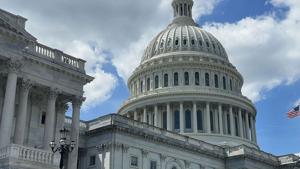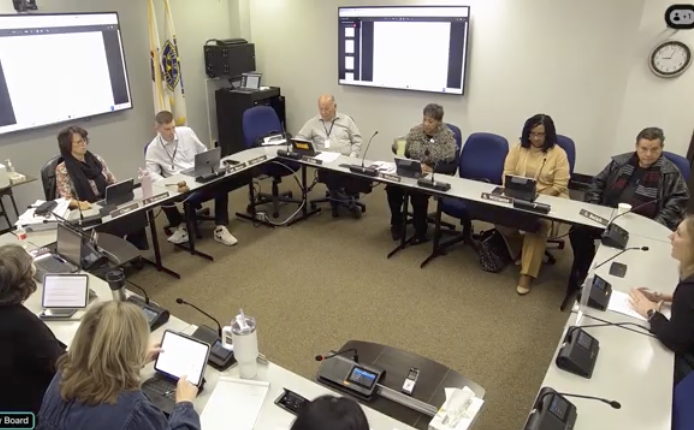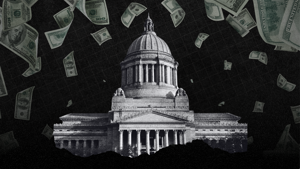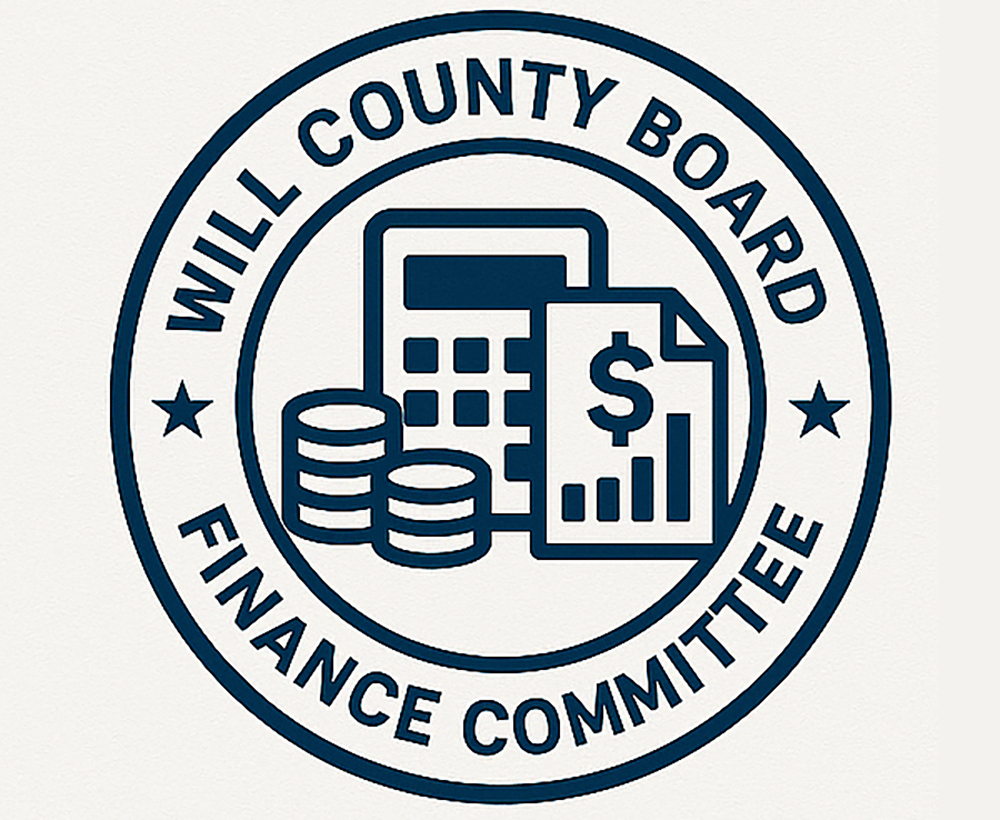WATCH: Longest-ever government shutdown ends after 43 days
The U.S. House of Representatives voted to reopen and fund the federal government Wednesday night, ending the longest government shutdown in American history.
President Donald Trump almost immediately signed the bill into law, capping off 43 days that saw millions of federal workers either furloughed or working without pay, billions in GDP lost, SNAP payments halted, and mass flight delays across the country.
“For six long weeks, Americans have paid the price for a shutdown they neither caused nor deserved,” House Appropriations Committee Chairman Tom Cole, R-Okla., told lawmakers. “This is not how the greatest nation in the world should function. Today, that changes.”
Reps. Thomas Massie, R-Ky., and Greg Steube, R-Fla., were the only Republicans to vote against the legislation, which passed by a 222-209 vote.
The bill, which already passed the Senate on Tuesday, combines two pieces of legislation. One is a Continuing Resolution to keep the government funded until Jan. 30. This will buy lawmakers time to finish passing all 12 appropriations bills providing new funding for all agencies in fiscal year 2026, which began Oct. 1.
The other is a bipartisan minibus which knocks out three of those 12 appropriations bills. It authorizes full-year funds for Military Construction and Veterans Affairs; the Food and Drug Administration, Department of Agriculture, and Rural Development; and the Legislative Branch.
A last-minute provision that Senate Republicans tucked into the Legislative Branch portion, which would allow senators to sue the federal government if their phone records were subpoenaed, caused some uproar in the House.
But given the urgency of the shutdown situation, House Speaker Mike Johnson, R-La., said House Republicans will introduce and fast track standalone legislation to repeal the provision.
Reps. Jared Golden, D-Maine; Adam Gray, D-Calif.; Marie Gluesenkamp Perez, D-Wash.; Don Davis, D-N.C.; Henry Cuellar, D-Texas; and Tom Suozzi, D-N.Y.; were the only House Democrats who voted to reopen the government.
The shutdown began Oct. 1 after Senate Democrats filibustered Republicans’ original seven-week CR to keep the government open and funded. They continued to do so – 14 consecutive times – over demands that any funding deal also extend a pandemic-era expansion of the Obamacare Premium Tax Credit.
Eventually, eight senators in the Democratic Caucus finally provided the necessary votes for the bill to break the filibuster and move on to the House on Tuesday.
“The whole exercise was pointless, it was wrong, and it was cruel,” Johnson told lawmakers Wednesday night. “I think everyone needs to remember this one simple thing: from the very beginning of this whole ordeal, on the Republican side, we operated in good faith.”
Democrats disagreed, with Rep. Brad Schneider, D-Ill., chairman of the New Democrat Coalition, calling the funding bill “morally wrong.”
“The Republican bill does nothing to address the rising cost of healthcare,” Schneider said. “The government needs to be open. Nobody wins in a government shutdown…But we have to make sure that we’re fighting for Americans’ health care, we’re fighting to lower the cost of living for the American people.”
Latest News Stories

Illinois truckers back federal pause on non-domiciled CDLs, hope state follows suit

WATCH: DCFS updates missing children numbers; Budget cuts EO transparency criticized

Supreme Court declines to hear public prayer case

Supreme Court to decide immigration asylum case

Everyday Economics: Jobs data returns as government reopens

Meeting Summary and Briefs: Will County Land Use & Development Committee for November 6, 2025

Committee Rejects Rezoning for Fencing Company in Joliet Township

Supreme Court case could have major effect on 2026 midterms

In Month of ‘Tragic Loss,’ Manhattan School District Mourns Students and Former Board Member

County Sales Tax Revenues Strong, Cannabis Funds Dispersed to Community Programs

Illinois sports wagers decline after implementation of new tax

Will County Committee Grants Extensions for Crete, Washington Township Solar Projects

Competing crypto plans create ‘narrow path’ for adoption

